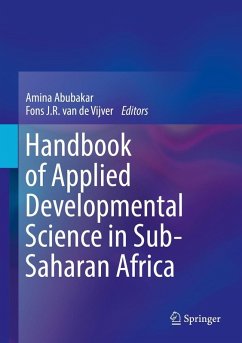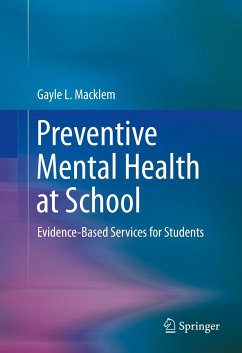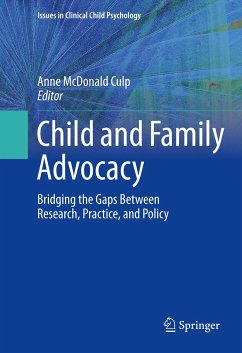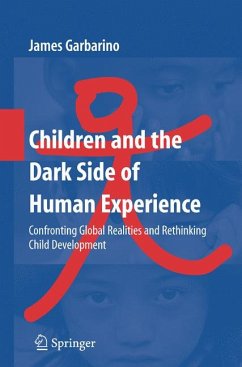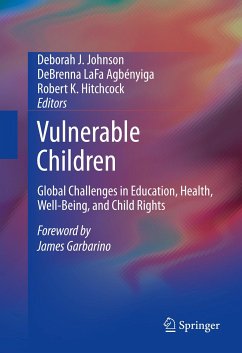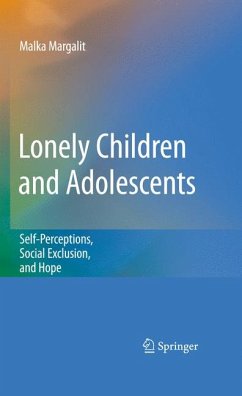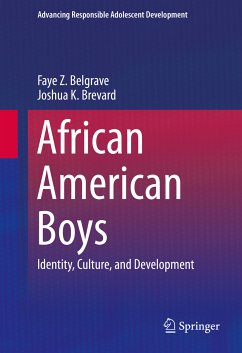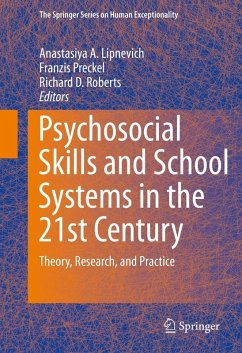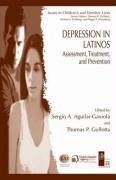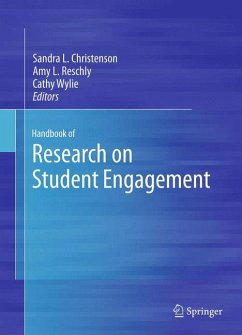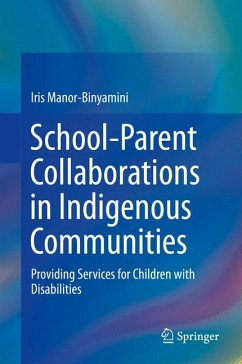
School-Parent Collaborations in Indigenous Communities (eBook, PDF)
Providing Services for Children with Disabilities
Versandkostenfrei!
Sofort per Download lieferbar
72,95 €
inkl. MwSt.
Weitere Ausgaben:

PAYBACK Punkte
36 °P sammeln!
Poverty. Lack of social support. Limited access to education. High risk for health problems. Indigenous communities face an inordinate number of hardships. But when children have special needs, these problems multiply exponentially, making existing difficulties considerably worse.School-Parent Collaborations in Indigenous Communities: Providing Services for Children with Disabilities begins with an in-depth overview of indigenous experience and psychology, and situates disabilities within the contexts of indigenous communities and education services. The pilot study at the core of the book, co...
Poverty. Lack of social support. Limited access to education. High risk for health problems. Indigenous communities face an inordinate number of hardships. But when children have special needs, these problems multiply exponentially, making existing difficulties considerably worse.
School-Parent Collaborations in Indigenous Communities: Providing Services for Children with Disabilities begins with an in-depth overview of indigenous experience and psychology, and situates disabilities within the contexts of indigenous communities and education services. The pilot study at the core of the book, conducted among the Bedouins of southern Israel, shows this knowledge in action as special education personnel engage parents in interventions for their children. Going beyond facile concepts of cultural sensitivity, the model recasts professionals as cultural mediators between school and family. This practice-oriented information has the potential to improve not only the well-being of children and families, but of the greater community as well.
Featured in the coverage:
School-Parent Collaborations in Indigenous Communities is a breakthrough resource for researchers, graduate students, and professionals working with special needs children in child and school psychology, international and comparative education, social work, cross-cultural psychology, public health, and educational psychology.
School-Parent Collaborations in Indigenous Communities: Providing Services for Children with Disabilities begins with an in-depth overview of indigenous experience and psychology, and situates disabilities within the contexts of indigenous communities and education services. The pilot study at the core of the book, conducted among the Bedouins of southern Israel, shows this knowledge in action as special education personnel engage parents in interventions for their children. Going beyond facile concepts of cultural sensitivity, the model recasts professionals as cultural mediators between school and family. This practice-oriented information has the potential to improve not only the well-being of children and families, but of the greater community as well.
Featured in the coverage:
- Unique characteristics of indigenous communities and children with disabilities.
- Psychological models of reactions to disability.
- Benefits of multidisciplinary teams.
- Factors affecting collaboration between indigenous parents of children with disabilities and school professionals.
- Core principles of indigenously attuned collaboration.
- An extended case study on collaboration between parents of children with disabilities and school professionals in a Bedouin community.
School-Parent Collaborations in Indigenous Communities is a breakthrough resource for researchers, graduate students, and professionals working with special needs children in child and school psychology, international and comparative education, social work, cross-cultural psychology, public health, and educational psychology.
Dieser Download kann aus rechtlichen Gründen nur mit Rechnungsadresse in A, B, BG, CY, CZ, D, DK, EW, E, FIN, F, GR, HR, H, IRL, I, LT, L, LR, M, NL, PL, P, R, S, SLO, SK ausgeliefert werden.




